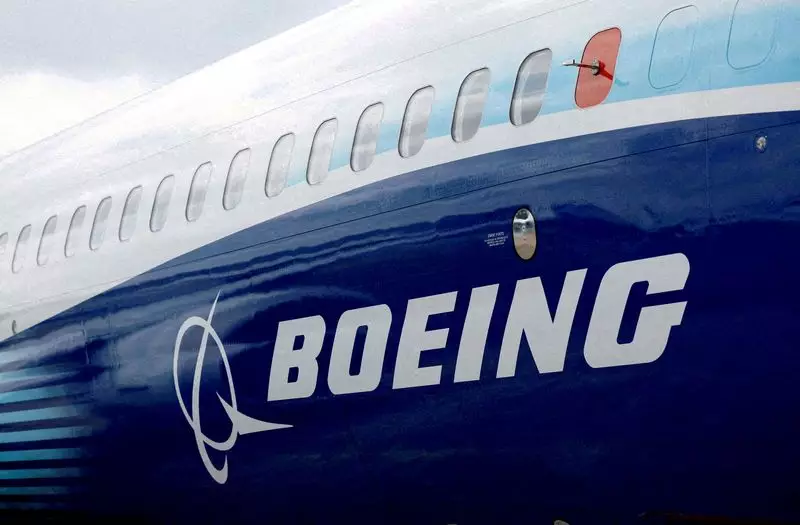The Farnborough Airshow, an annual gathering of aviation leaders, is set to take place amid major supply chain disruptions and aircraft delays. The industry is grappling with challenges in reaching output goals, reducing carbon emissions, and overcoming safety crises. While the airshow has traditionally been a platform for major aircraft orders, this year’s event is not expected to see a flurry of deals. Airbus is struggling to meet output targets, and Boeing is maintaining a low-key presence following safety concerns related to its 737 MAX aircraft. Despite these challenges, some orders are still expected to be finalized at the airshow.
The aviation industry has been severely impacted by the COVID-19 pandemic, with air travel demand plummeting before experiencing a sharp rebound. Airlines are now facing labor and parts shortages, further complicating the process of delivering planes to customers. Boeing’s production of the 737 MAX has been slowed down due to safety issues, adding to the industry’s woes. As a result, aviation leaders are focusing on resolving supply chain bottlenecks and expediting aircraft deliveries to meet the needs of airlines.
Aerospace and defense companies are closely monitoring the political landscape in Western democracies, as governments play a crucial role in funding programs and influencing industry dynamics. With political changes in countries like Britain, France, and the United States, industry leaders are preparing for a period of volatility and unpredictability. The new Labour government in the UK, the fragmented parliament in France, and the upcoming election in the US are all set to influence key decisions in the aerospace sector.
The Farnborough Airshow will feature panels and workshops focused on sustainability, reflecting the industry’s commitment to reducing carbon emissions. Despite plans to expand global air travel significantly, aerospace giants and airlines are striving to adopt greener practices to mitigate the environmental impact of aviation. As the demand for air travel continues to grow, the industry is under pressure to prioritize sustainability and invest in technologies that promote eco-friendly operations.
On the defense side, discussions at the airshow will revolve around geopolitical issues such as the situation in Ukraine, delays in America’s F-22 fighter replacement program, and defense policy reviews by governments. With British Prime Minister Keir Starmer expected to attend the event, defense executives will be keen to understand how Labour’s defense review could affect their programs. The defense sector plays a critical role in ensuring global security, and developments in defense technologies and policies will be closely watched during the airshow.
The Farnborough Airshow will serve as a platform for industry leaders to address the challenges facing the aviation and defense sectors. From supply chain disruptions to political uncertainty and sustainability initiatives, the event will highlight the need for collaboration and innovation in overcoming industry obstacles. As the aviation industry navigates a post-pandemic recovery phase, stakeholders must work together to build a more resilient and sustainable future for air travel and defense.

